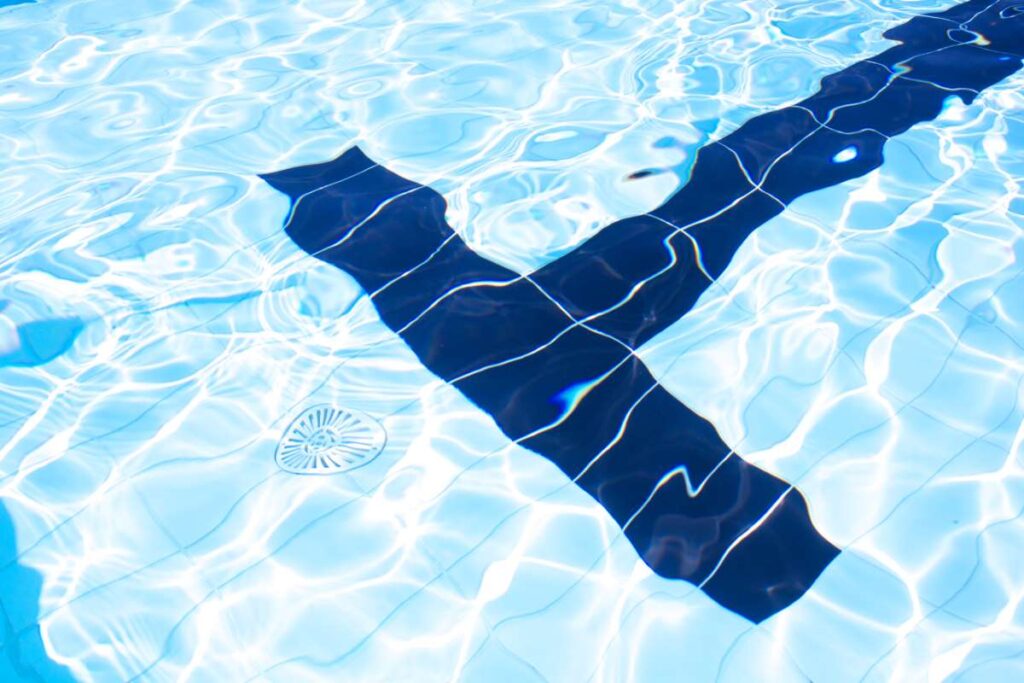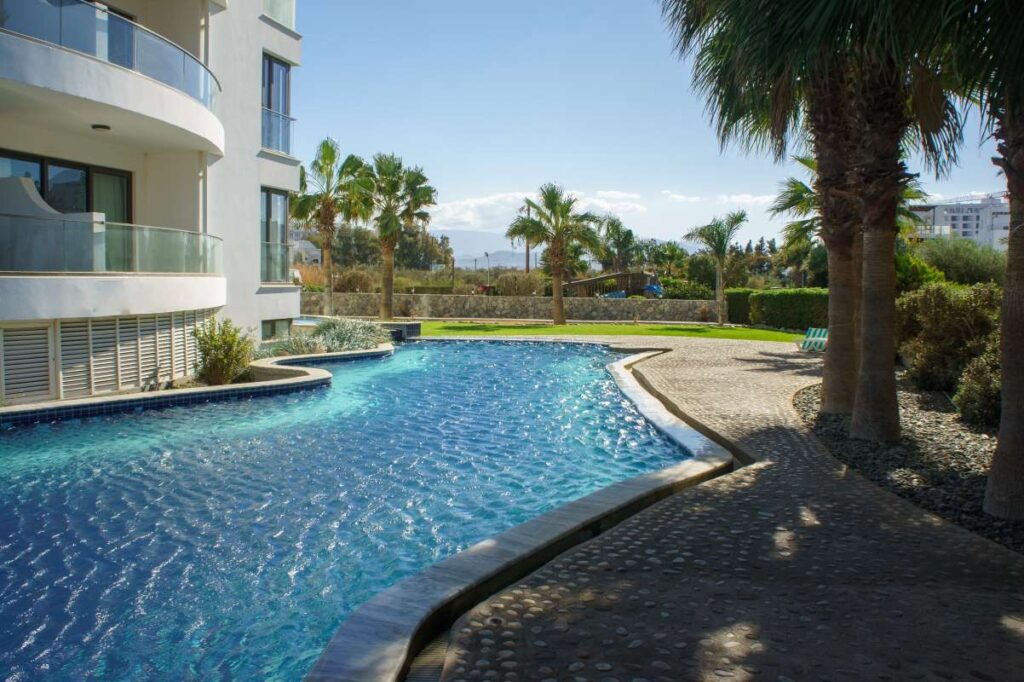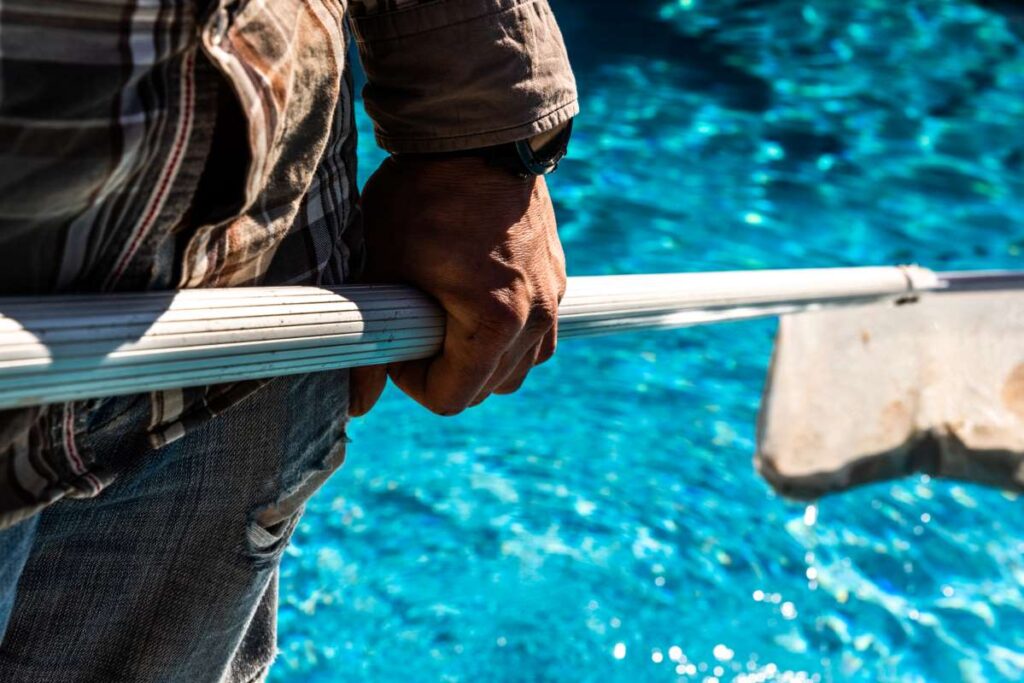Top Eco-Friendly Alternatives to Traditional Chlorine Treatments
Discover eco-friendly alternatives to traditional chlorine treatments that benefit both your pool and the environment. Learn how to keep your pool clean sustainably!
In recent years, the conversation around eco-friendly practices has significantly intensified, with many industries seeking sustainable alternatives to conventional methods. For pool owners, one major area of concern is water sanitation. Traditional chlorine treatments, while effective, often come with downsides such as skin irritation, adverse environmental effects, and harsh chemical exposure. This blog post explores top eco-friendly alternatives to traditional chlorine treatments, delving into their benefits, how they work, and their real-world applications. Whether you’re a new pool owner or looking to upgrade your maintenance routine, these alternatives can help you achieve a cleaner, greener pool.
Understanding Chlorine and Its Drawbacks
– Chlorine has been the go-to solution for pool sanitation for decades due to its effectiveness in killing bacteria and algae.- However, it has several drawbacks, including: – Skin and Eye Irritation: Many people experience irritation from chlorine, leading to red eyes and itchy skin. – Environmental Concerns: Chlorine can contribute to water pollution if not properly managed, affecting local ecosystems. – Chemical Byproducts: The reaction of chlorine with organic matter can create harmful byproducts, such as chloramines, which can be irritating and toxic. To fully appreciate the alternatives, it is essential to understand these drawbacks, which have prompted many pool owners to seek safer and more sustainable options.
Saltwater Systems: A Popular Alternative
One of the most recognized alternatives to traditional chlorine treatments is the saltwater pool system. While it still uses chlorine to sanitize the water, it generates it through electrolysis, creating a gentler swimming experience.- How It Works: In a saltwater system, salt is added to the water, and a salt cell generates chlorine when electricity passes through it. This process produces a steady and low level of chlorine, which is less harsh than traditional chlorine.- Benefits: – Reduced Chlorine Levels: Lower levels of chlorine mean less irritation for swimmers. – Cost-Effective: Though the initial setup might be higher, the ongoing cost of maintaining a saltwater pool can be lower than traditional pools as you won’t need to purchase chlorine regularly. – Environmental Impact: Saltwater pools often use fewer chemicals overall, which can be better for the environment.Many pool owners across Florida, Texas, Nevada, Arizona, and California have transitioned to saltwater systems for these advantages, often exploring options for
pool routes for sale in Florida that prioritize eco-friendly setups.
Mineral Systems: Harnessing Nature’s Power
Mineral-based pool systems are another eco-friendly alternative gaining popularity. These systems utilize natural minerals like magnesium or potassium to keep water clean and clear.- How It Works: Mineral systems work by introducing minerals into the pool, which can help to sanitize the water and reduce the need for chlorine.- Benefits: – Gentler on Skin: Many swimmers report that mineral pools feel softer and are less irritating than traditional chlorinated pools. – Balanced Water: The minerals help to balance the pH levels in the pool, reducing the likelihood of algae growth. – Lower Chemical Use: With a mineral system, the reliance on harsh chemicals is significantly decreased.For those looking to invest in a new pool or upgrade their current system, exploring
Pool Routes How It Works can lead to better training and support for adopting these systems effectively.
Ozone Water Treatment: The Power of O³
Ozone water treatment systems use ozone gas, a powerful oxidant, to sanitize pool water effectively.- How It Works: Ozone is generated on-site through an ozone generator and then injected into the pool water. The ozone oxidizes contaminants, effectively killing bacteria and breaking down organic material.- Benefits: – Chemical-Free Swimming: Ozone treatment minimizes the need for chlorine, making it a great option for sensitive skin and allergies. – Enhanced Water Clarity: Ozone helps break down contaminants that can cause cloudy water, resulting in clearer and cleaner swimming conditions. – Lower Maintenance Costs: Although ozone systems can be more expensive upfront, they can reduce chemical costs over time.As awareness of the benefits of ozone treatment grows, many pool service providers are considering this technology. Interested entrepreneurs can explore
pool routes for sale in Texas that incorporate ozone systems as part of their offerings.
UV Pool Sanitizers: Light Up Your Pool Care
Ultraviolet (UV) pool sanitizers are gaining traction as a powerful method to disinfect water without chemicals.- How It Works: UV sanitizers expose pool water to UV light, which effectively kills bacteria, viruses, and other pathogens without the addition of chemicals.- Benefits: – Healthier Swimming Environment: By eliminating harmful microorganisms, UV systems provide a safer swimming experience. – Reduced Chemical Usage: These systems can significantly reduce the need for chlorine, leading to less irritation and odor. – Eco-Friendly: UV technology uses natural light, creating a sustainable method for pool sanitation.For pool owners interested in sustainability, UV sanitizers represent a forward-thinking option. Those seeking to expand their business can look into available routes that focus on UV systems, ensuring they offer clients the latest in eco-friendly pool technology.
Natural Water Pools: The Ultimate in Sustainability
Natural swimming pools (NSPs) take sustainability to the next level by creating a chemical-free swimming environment.- How It Works: NSPs use natural filtration systems, typically involving plants and gravel, to purify the water. The plants absorb nutrients and help keep the water clean, mimicking a natural pond.- Benefits: – Chemical-Free: These pools do not require any chemicals to maintain water quality, making them perfect for environmentally-conscious individuals. – Aesthetic Appeal: NSPs can enhance the beauty of your property, providing a serene and natural environment. – Biodiversity: They can foster local wildlife, encouraging biodiversity by creating a habitat for various species.While natural swimming pools require a different approach to maintenance and installation, they are an attractive option for those committed to eco-friendliness. Potential clients can explore
Superior Pool Routes Why Us to learn more about the benefits of such innovative systems.
Tips for Transitioning to Eco-Friendly Pool Treatments
Switching from traditional chlorine treatments to eco-friendly alternatives can be a significant change for pool owners. Here are some practical tips to ensure a smooth transition:1. Educate Yourself: Take time to research different eco-friendly options and understand how they work.2. Consult Professionals: Reach out to experts who can guide you in selecting the right system for your needs.3. Start Slowly: If possible, consider transitioning gradually. For instance, you might first introduce a saltwater system or UV sanitizer while still using chlorine.4. Monitor Water Quality: Regularly test your pool water to ensure that the new system is effectively maintaining water quality.5. Join a Community: Connecting with other pool owners or joining forums focused on eco-friendly practices can provide valuable insights and support.For aspiring entrepreneurs in the pool service industry, understanding these eco-friendly alternatives can set you apart from the competition and attract a growing market of eco-conscious clients. Investigate
Pool Routes Training to enhance your knowledge and service offerings.
Conclusion
As pool ownership continues to grow, so does the demand for more sustainable and environmentally-friendly solutions. From saltwater systems and mineral treatments to ozone, UV sanitizers, and natural pools, there are numerous options available that cater to both health and environmental concerns. Transitioning to these alternatives not only benefits your pool but also contributes to a healthier planet. Embracing eco-friendly practices can lead to a cleaner swimming experience, reduced chemical usage, and a positive impact on the environment. Whether you’re an existing pool owner or looking to enter the industry, now is the perfect time to explore these innovative treatments. For those interested in starting or expanding a business focused on eco-friendly pool services, consider checking out
pool routes for sale to help you get started on the right foot. Together, we can foster a healthier, greener future for our pools and the environment.



